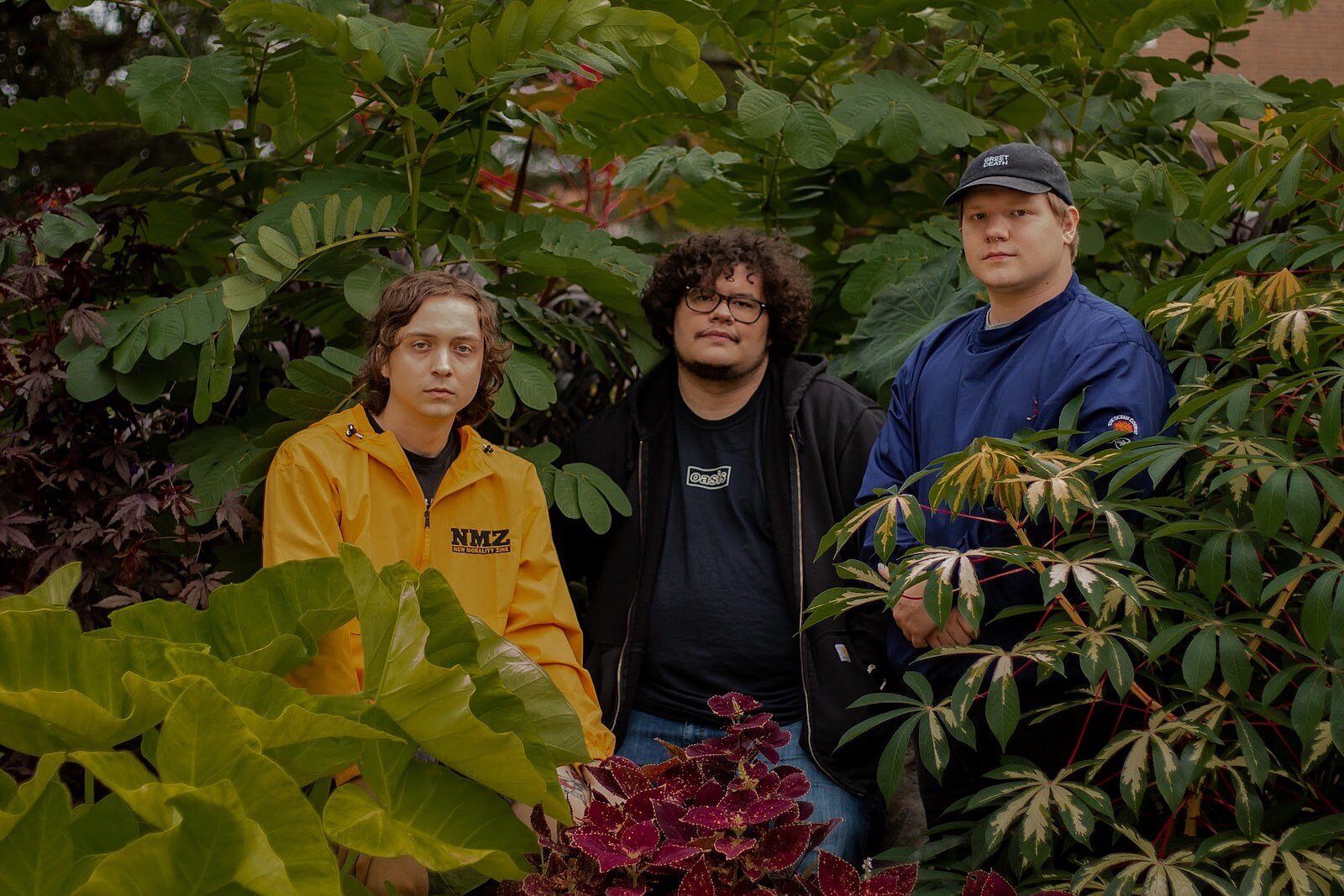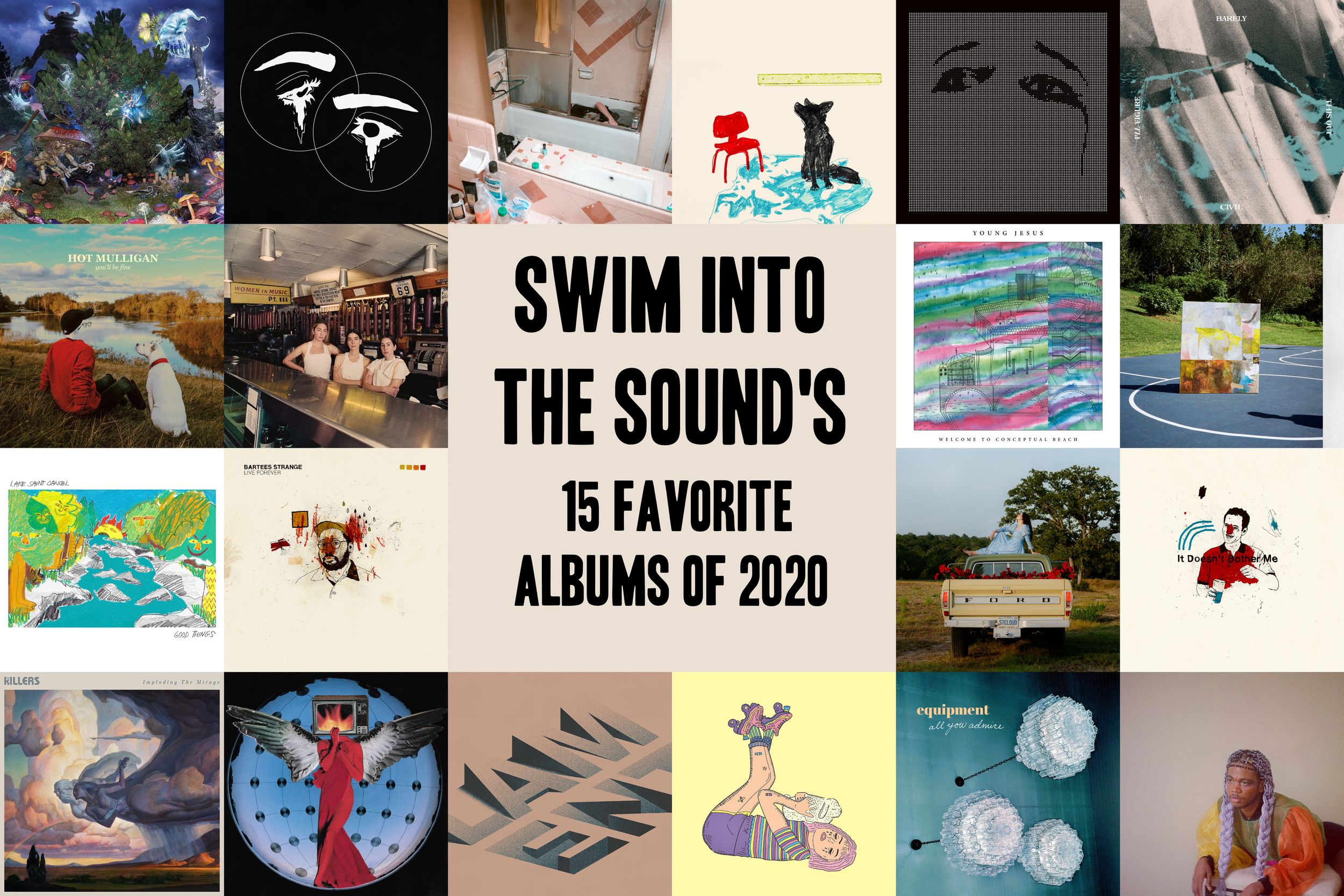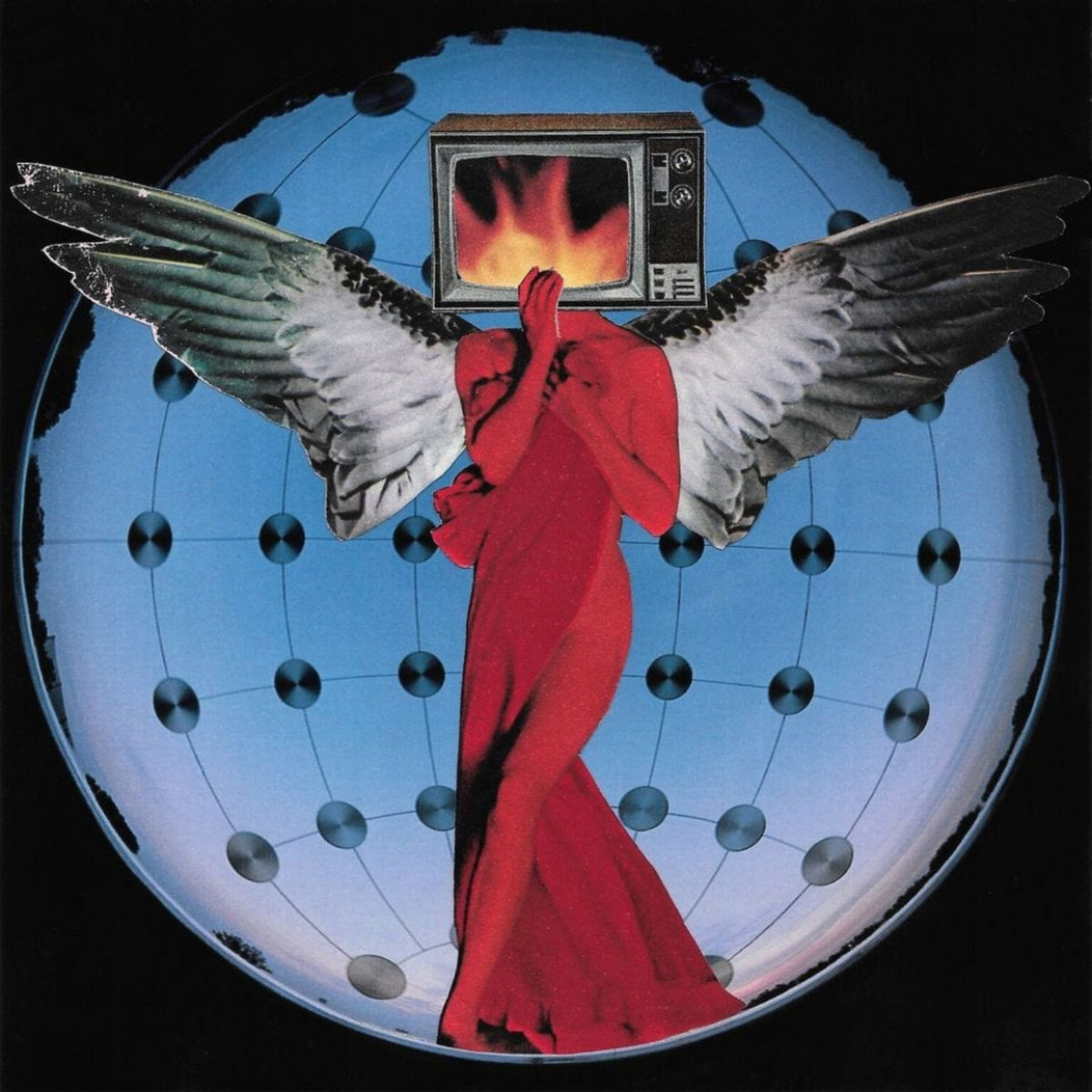I write this at the end of an indescribable year. In about a decade or so, I’ll probably have the perspective and the vocabulary to properly articulate the effects that this year had on me and our collective psyche, but for now, I can’t see the forest for the trees. Aside from that, I think those types of conclusions will take a long time to unravel, and the effects haven’t even been fully-experienced yet.
I write this at the end of a year of panic, death, and worldwide misery. Things happened this year that were universal and affected us all. Things happened this year that touched all of our lives. Things happened this year that have changed the course of history. Whether you were rich or poor, you were impacted by 2020. Whether you lived down the hall from me or across the world, you were impacted by the events of this year. Whether you are adolescent or elderly, your life was touched by the events of the last 365 days. No matter who you were, where you live, or what you do, you will look back on this year and never. be able. to forget.
If it weren’t for the love of my partner, the support of my family, or the help of my friends, I would not have made it through this year. A secondary yet even more consistent form of support throughout this year was music. After all, I run this blog on top of a seasonal Sufjan Christmas music blog. I have music playing from virtually the moment I wake up to the minute I fall asleep. I am insane. But my point is that music has helped me make it through the year. Music has helped me escape reality, amplify love, and affirm my existence.
Aside from music, which is obviously a vastly important part of my day to day life, my other escape is podcasts. I’m not a big “podcast guy,” I used to be (back when I had the time in high school and college), but now I just listen to one podcast: Comedy Bang Bang. This show’s abject absurdity proves to be the farthest escape from reality I can possibly achieve through the medium, and that is what I go to podcasts for; to distract my mind entirely from the world around me. No podcast does that better than Comedy Bang Bang, where Scott Aukerman’s deadpan interviews and pop culture dad jokes bounce off characters like a cowboy poet Laureate, a put-upon carpet saleswoman, a perilously thin intern, and Santa Claus himself. It’s the furthest thing from reality, and that has never been more of a blessing than this year.
As much as I love it, I was also a year or two behind on Comedy Bang Bang (as I said, I don’t have a ton of time). Despite how far behind I was, Comedy Bang Bang has proved to be a much-needed escape this year. As I listened nervously throughout 2020, I realized I was getting closer, week by week, to the outbreak of the Coronavirus. Being a year behind meant I had a few dozen hours of comforting pre-Corona comfort at my disposal. Yet the paradox was each time I ventured to this well of distraction, I was also using up a finite supply of entertainment before the sharp pain of reality injected itself into my sacred space.
Sure enough, I made it to an episode in March, and the reality of the podcast was broken. Even the shroud of improv couldn’t keep out the harsh, deadly reality of the world outside. The pandemic struck, and suddenly, without warning, my favorite podcast was in March of 2020, just like everyone else. Suddenly the members of my one artificial safe space were all trying their best to adapt to this new life of home recordings and deadly viruses. It felt, in a word, violating. Not necessarily the show’s fault, but it felt weird to see reality so wholly inflict itself upon my mental playspace.
It became symbolic, a microcosm of the year that I got to re-experience months after the fact while catching up on the podcast this fall. I got to hear them joke about Tiger King for the first time. I got to listen to all sorts of (now trite) Zoom jokes. I got to experience both the host and guests struggle with the change a deadly pandemic brings in real-time. I got to hear insight from these people I’d been listening to for years as I watched them face their own mortality and possible death as we all did at some point in the early weeks of quarantine. Not only that, I got to see them struggle with all the same things we collectively did back in March and April.
Some of those early episodes were… rough. There were technological issues galore, unfunny moments, and awkward interruptions of every size. It made me realize how much this year was unshakably universal.
Then the end of the year rolled around. The cold weather swept in, the snow started falling, and my Christmas spirit started to emerge. As my hectic year at work wrapped up, I decided to skip ahead in the CBB timeline to the annual Christmas episode. Listening to this episode and playing video games has become a time-honored tradition that I look forward to every holiday break. I fired my console up, threw the episode on, and, much to my surprise… it sounded like a classic episode of Comedy Bang Bang. The audio quality had gotten better, and the guests weren’t wrestling with Zoom anymore. It sounded like the episode could have been recorded in a studio last year. It sounded like good ol’ CBB.
To skip from these episodes in April that took me back to such a dark place in the quarantine timeline to the present day where they’ve ironed out nearly every conceivable aspect of remote recording was affirming. Aside from meaning I had good episodes to look forward to, it also meant that this podcast, like the rest of us, was able to adjust over time. It meant there was hope. I only had that perspective because I made such a drastic jump forward in the podcast’s timeline, but now looking back on my own year, I realize how much I’ve adapted to change as well. I look back at where I was back in March and where I am now. I’m a little bit heavier, but I also feel like I’ve adjusted to this frightening time quite nicely. I feel fulfilled at work, I feel fulfilled creatively, and I feel fulfilled in my relationships. I am making it work. And sometimes, just “making it work” is the best you can do.
I’m not going to pretend we are in a better spot right now. I’m not going to pretend Joe Biden’s win is a good thing… but it was at least the better thing. I’m not going to expect the COVID vaccine to solve every problem we’re currently facing… but that’s at least better than another nine months of this. I’m not going to pretend that all of our issues are solved because a few good things happened at the end of the year… but that’s better than how things have been going for a long time.
The word is still deeply fucked, and we are still deeply fucked with it if we don’t do something. People need your help. Your friends, neighbors, brothers, and sisters need your help. If you have the ability, the time, and the resources, it’s time to do something. We need to use what little momentum we have to change things for the better. Our current path is unsustainable, and, if nothing else, 2020 has made that abundantly clear.
I’m not going to pretend that we’re in a better place than we were one year ago, but we have to imagine that ideal world and work towards it actively. Right now, it feels like things might be changing for the better, so let’s use our voices and make sure of it.
Thanks for reading along this year. I’ll see you all in 2021.

























